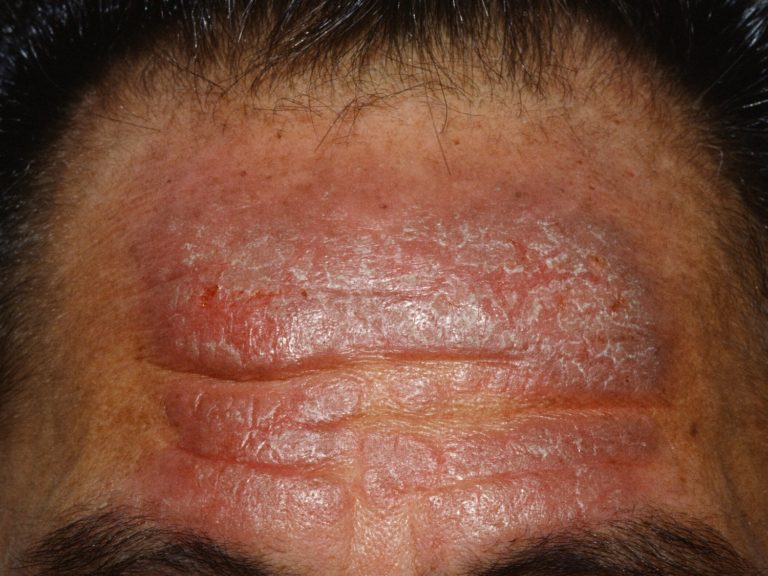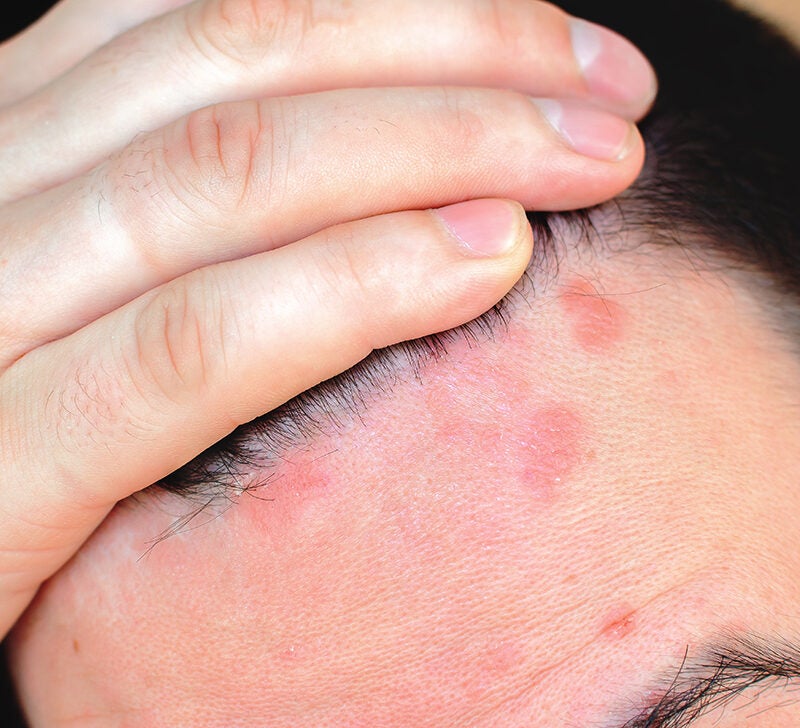Your What is psoriasis of the skin images are ready. What is psoriasis of the skin are a topic that is being searched for and liked by netizens now. You can Get the What is psoriasis of the skin files here. Download all royalty-free vectors.
If you’re looking for what is psoriasis of the skin pictures information related to the what is psoriasis of the skin topic, you have come to the ideal blog. Our site always gives you suggestions for seeking the maximum quality video and picture content, please kindly search and locate more enlightening video content and images that fit your interests.
What Is Psoriasis Of The Skin. This makes the skin build up into bumpy red patches covered with white scales. These patches normally appear on your elbows, knees, scalp and lower back, but can appear anywhere on your body. How is psoriasis diagnosed and treated? Psoriasis, an itchy skin condition, can come and go throughout your life.
 Paeonol ameliorates imiquimodinduced psoriasislike skin From spandidos-publications.com
Paeonol ameliorates imiquimodinduced psoriasislike skin From spandidos-publications.com
1 psoriasis is a multisystem inflammatory disease with predominantly skin and joint involvement. Psoriasis often has a typical appearance that a primary care doctor can recognize, but it can be confused with other skin diseases (like eczema), so a dermatologist (skin doctor) is often the best doctor to diagnose it. Psoriasis is a chronic autoimmune skin disease that speeds up the growth cycle of skin cells. In some cases, the patches can be itchy or sore. This makes the skin build up into bumpy red patches covered with white scales. 3 pathogenesis is multifactorial, involving dysregulated inflammation and.
These patches normally appear on your elbows, knees, scalp and lower back, but can appear anywhere on your body.
Some people with psoriasis develop symptoms on their feet. Psoriasis is caused, at least in part, by the immune system mistakenly attacking healthy skin cells. These patches normally appear on your elbows, knees, scalp and lower back, but can appear anywhere on your body. Most people are only affected with small patches. Psoriasis often has a typical appearance that a primary care doctor can recognize, but it can be confused with other skin diseases (like eczema), so a dermatologist (skin doctor) is often the best doctor to diagnose it. Some people with psoriasis develop symptoms on their feet.
 Source: spandidos-publications.com
Source: spandidos-publications.com
The extra skin cells pile up on the surface of the skin, and you see psoriasis. The extra skin cells pile up on the surface of the skin, and you see psoriasis. This buildup of cells causes scaling on the skin’s surface. If you�re sick or battling an infection, your immune system will go into overdrive to fight the infection. Sometimes a person may have sore and inflamed joints as well.
 Source: healthjade.net
Source: healthjade.net
Its related to an overactive immune response and is not contagious. In some cases, the patches can be itchy or sore. Psoriasis is a chronic autoimmune condition that causes the rapid buildup of skin cells. Some people with psoriasis develop symptoms on their feet. How is psoriasis diagnosed and treated?
 Source: medicalnewstoday.com
Source: medicalnewstoday.com
There is no cure for psoriasis, but psoriasis treatments can improve symptoms. How is psoriasis diagnosed and treated? Psoriasis is a chronic skin condition characterized by thick, raised red patches that are often covered with flaking, silvery scales. The skin cells grow too quickly, causing red, scaly lesions that can be painful. Psoriasis is caused, at least in part, by the immune system mistakenly attacking healthy skin cells.
 Source: jaad.org
Source: jaad.org
Psoriasis is a chronic skin condition characterized by thick, raised red patches that are often covered with flaking, silvery scales. Psoriasis, an itchy skin condition, can come and go throughout your life. This makes the skin build up into bumpy red patches covered with white scales. Most people are only affected with small patches. The extra skin cells pile up on the surface of the skin, and you see psoriasis.
 Source: pinterest.com
Source: pinterest.com
Psoriasis is fundamentally a defective inflammatory response. It has a bimodal age of onset (16 to 22 and 57 to 60 years) 2 and affects both sexes equally. Psoriasis is a chronic autoimmune skin disease that speeds up the growth cycle of skin cells. This is known as psoriatic arthritis. The skin cells grow too quickly, causing red, scaly lesions that can be painful.
 Source: jaad.org
Source: jaad.org
They often appear on your: This type of psoriasis may. Inflammation and redness around the scales is. Psoriasis, an itchy skin condition, can come and go throughout your life. We know that psoriasis runs in families.
 Source: escholarship.org
Source: escholarship.org
If you have skin changes that arent going away, talk to your healthcare provider. This type of psoriasis may. Psoriasis is a common chronic inflammatory skin disease with a spectrum of clinical phenotypes and results from the interplay of genetic, environmental, and immunological factors. Most people are only affected with small patches. Psoriasis has a genetic link, but it can also be triggered by certain situations, such as emotional stress, injury to the skin, infection, and certain medications.
 Source: aafp.org
Source: aafp.org
The exact cause of psoriasis is still unknown. However, we do know that inflammation inside the body may cause the symptoms of psoriasis—including the itchy, red plaques you see on the skin. Some people with psoriasis develop symptoms on their feet. Itching, rashes, and dry, thick skin can be particularly bothersome on the feet and make walking or. Inflammation and redness around the scales is.
This site is an open community for users to share their favorite wallpapers on the internet, all images or pictures in this website are for personal wallpaper use only, it is stricly prohibited to use this wallpaper for commercial purposes, if you are the author and find this image is shared without your permission, please kindly raise a DMCA report to Us.
If you find this site value, please support us by sharing this posts to your preference social media accounts like Facebook, Instagram and so on or you can also save this blog page with the title what is psoriasis of the skin by using Ctrl + D for devices a laptop with a Windows operating system or Command + D for laptops with an Apple operating system. If you use a smartphone, you can also use the drawer menu of the browser you are using. Whether it’s a Windows, Mac, iOS or Android operating system, you will still be able to bookmark this website.





